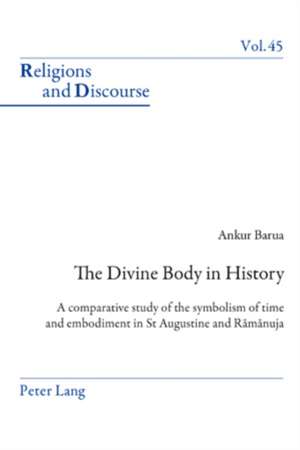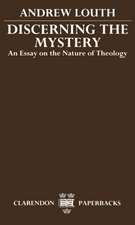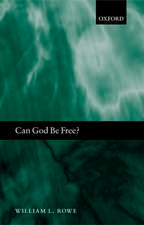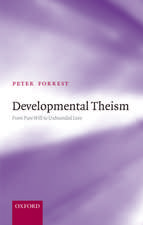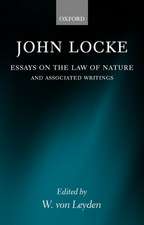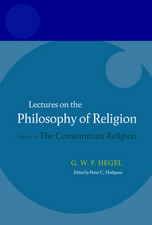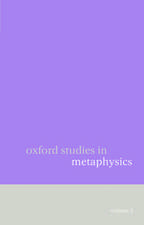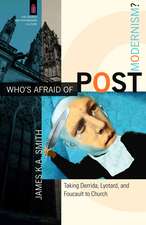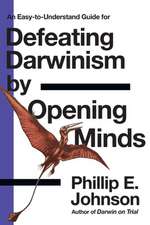The Divine Body in History: Religions and Discourse, cartea 45
en Limba Engleză Paperback
Din seria Religions and Discourse
- 8%
 Preț: 489.98 lei
Preț: 489.98 lei - 23%
 Preț: 486.00 lei
Preț: 486.00 lei - 27%
 Preț: 675.05 lei
Preț: 675.05 lei - 23%
 Preț: 618.79 lei
Preț: 618.79 lei - 23%
 Preț: 529.34 lei
Preț: 529.34 lei - 23%
 Preț: 626.67 lei
Preț: 626.67 lei - 23%
 Preț: 502.05 lei
Preț: 502.05 lei - 23%
 Preț: 627.26 lei
Preț: 627.26 lei - 23%
 Preț: 606.04 lei
Preț: 606.04 lei - 23%
 Preț: 517.04 lei
Preț: 517.04 lei - 23%
 Preț: 592.38 lei
Preț: 592.38 lei - 23%
 Preț: 558.14 lei
Preț: 558.14 lei - 23%
 Preț: 662.87 lei
Preț: 662.87 lei - 23%
 Preț: 587.79 lei
Preț: 587.79 lei - 23%
 Preț: 592.38 lei
Preț: 592.38 lei - 23%
 Preț: 627.26 lei
Preț: 627.26 lei - 23%
 Preț: 629.94 lei
Preț: 629.94 lei - 23%
 Preț: 462.16 lei
Preț: 462.16 lei - 23%
 Preț: 434.53 lei
Preț: 434.53 lei - 23%
 Preț: 628.76 lei
Preț: 628.76 lei - 27%
 Preț: 676.24 lei
Preț: 676.24 lei - 23%
 Preț: 586.02 lei
Preț: 586.02 lei - 8%
 Preț: 446.16 lei
Preț: 446.16 lei - 23%
 Preț: 553.08 lei
Preț: 553.08 lei - 8%
 Preț: 445.18 lei
Preț: 445.18 lei - 23%
 Preț: 464.08 lei
Preț: 464.08 lei - 8%
 Preț: 448.75 lei
Preț: 448.75 lei - 23%
 Preț: 463.33 lei
Preț: 463.33 lei - 8%
 Preț: 507.30 lei
Preț: 507.30 lei -
 Preț: 530.85 lei
Preț: 530.85 lei - 8%
 Preț: 448.42 lei
Preț: 448.42 lei - 23%
 Preț: 537.39 lei
Preț: 537.39 lei - 23%
 Preț: 536.21 lei
Preț: 536.21 lei - 23%
 Preț: 463.75 lei
Preț: 463.75 lei - 23%
 Preț: 464.08 lei
Preț: 464.08 lei - 27%
 Preț: 702.95 lei
Preț: 702.95 lei - 23%
 Preț: 594.02 lei
Preț: 594.02 lei -
 Preț: 391.13 lei
Preț: 391.13 lei - 21%
 Preț: 439.82 lei
Preț: 439.82 lei - 21%
 Preț: 370.61 lei
Preț: 370.61 lei -
 Preț: 387.07 lei
Preț: 387.07 lei -
 Preț: 367.31 lei
Preț: 367.31 lei
Preț: 398.48 lei
Preț vechi: 433.13 lei
-8% Nou
Puncte Express: 598
Preț estimativ în valută:
76.25€ • 80.04$ • 63.29£
76.25€ • 80.04$ • 63.29£
Tipărit la comandă
Livrare economică 07-12 aprilie
Preluare comenzi: 021 569.72.76
Specificații
ISBN-13: 9783039119172
ISBN-10: 3039119176
Pagini: 253
Dimensiuni: 225 x 153 x 15 mm
Greutate: 0 kg
Editura: Peter Lang Gmbh, Internationaler Verlag Der W
Seria Religions and Discourse
ISBN-10: 3039119176
Pagini: 253
Dimensiuni: 225 x 153 x 15 mm
Greutate: 0 kg
Editura: Peter Lang Gmbh, Internationaler Verlag Der W
Seria Religions and Discourse
Notă biografică
The Author: Ankur Barua completed his undergraduate studies at the University of Delhi before going on to pursue a second B.A. at the University of Cambridge, where he completed his Ph.D. in the Faculty of Divinity in 2005.
Cuprins
Contents: Inter-religious dialogue between Hinduism and Christianity ¿ St Augustine and R¿m¿nuja as dialogue partners ¿ Human embodiment in a temporal world ¿ Symbolising human embodiment ¿ The ambiguous body and the notion of hierarchy ¿ Symbolising time ¿ The doctrine of creation and the origins of the temporal world ¿ The question of pantheism ¿ The ordering of embodied desires ¿ The idea of progress and the notion of world-negation ¿ Human bodies in the divine body.
